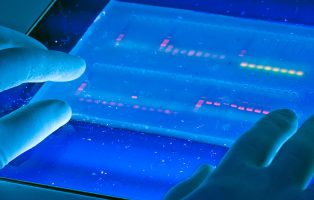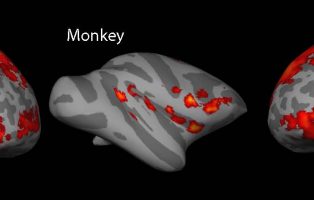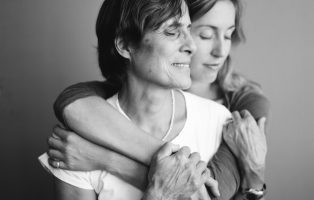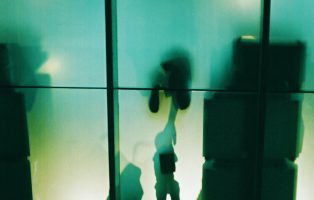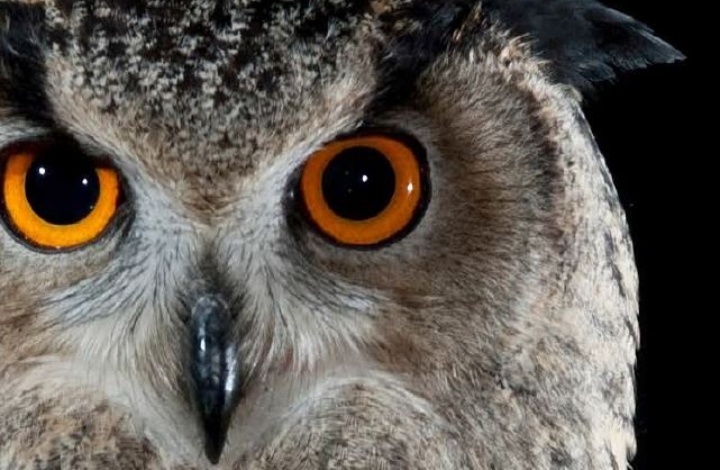
NIAS-Lorentz Theme-Group Fellowships
A NIAS-Lorentz Theme Group (NLTG) is an international team of three researchers, including a coordinator, who come together for a five-month period at the Netherlands Institute for Advanced Study (NIAS) to pursue collaborative, interdisciplinary research.
The group conducts cutting-edge work that bridges the divide between the humanities and/or social sciences and the natural and/or technological sciences. Their collaboration often results in concrete outputs such as an edited volume, scientific publication, or a proposal for external funding (e.g. ERC).
The NLTG is particularly intended for early to mid-career researchers who wish to explore and establish new interdisciplinary fields of research through close interaction with colleagues from other academic disciplines.
What the NIAS-Lorentz Theme Group Offers
-
Team Format: A group of three researchers (including the coordinator), working together for five consecutive months at NIAS in Amsterdam.
-
Timing: The NLTG takes place in the second semester of the academic year 2026 – 2027 (February–June 2027).
-
Fellowship Benefits:
-
Office space and academic support at NIAS
-
Daily travel reimbursement for researchers based in the Netherlands, or subsidised accommodation for international participants
-
-
Financial Support:
-
International researchers may apply for a stipend
-
Researchers affiliated with Dutch universities may apply for a Dutch University Grant, awarded to their home institution
-
-
Workshop: A fully supported workshop at the Lorentz Center in Leiden on the NLTG topic, with an organisational budget of €10,000
More about what a NIAS Fellowship entails and offers and about the commitment, rules & regulations and practical matters.
How to Apply
A NIAS-Lorentz Theme Group is initiated by the coordinator. The coordinator has at least 3 years of postdoctoral research experience and is affiliated to a university or research institution.
The coordinator is the formal NLTG applicant and he/she puts forward the other NLTG members. A NIAS-Lorentz Theme Group should be a mix of researchers affiliated with universities from within and outside the Netherlands so as to be an international group imbedded in the Dutch research community. All NLTG members should fulfill NIAS eligibility criteria, which includes 3 years of experience after obtaining a PhD-degree.
Application procedure
- NLTG Pre-Proposal (deadline 15 September 2025)
Coordinators should submit a short NLTG Pre-Proposal for preliminary review. The Pre-Proposal is no more than three pages containing:- Title of the proposal.
- List of proposed NLTG members.
- Concise description of the interdisciplinary topic, with a brief description of the methodology and the expected research outcomes.
- Outline of the idea for the workshop, including a list of proposed participants.
Send the proposal (pdf) to partners@nias.knaw.nl, with your name and the word NLTG in the subject.
NLTG coordinators will be informed of the outcome within six weeks of the submission deadline. Coordinators of Pre-Proposals that are considered suitable for further elaboration will be invited to compile a NLTG Main Proposal.
2. NLTG Main Proposal (deadline Friday October 31 2025)
The NLTG Main Proposal consists of:
- An expanded NLTG research proposal by the coordinator
- An outline of the NIAS-Lorentz Workshop at the Lorentz Center by the coordinator
- The individual NLTG fellowship application forms of all NLTG group members
The Main Proposal and individual NLTG fellowship applications must be submitted through the NIAS website application form.
NLTG coordinators will be informed on the outcome of the review and selection half December 2025.
Workshop Proposal
The coordinator of the winning NLTG application will work with the Lorentz Center to prepare the NIAS-Lorentz Workshop Proposal. This plan might receive additional feedback from the NIAS-Lorentz Advisory Board as well as specific Lorentz Center Advisory Board(s) in the field(s) of the workshop topic.
NLTG applications are evaluated by the NIAS-Lorentz Fellowship Board. NLTG Main Proposals are also sent to external reviewers.
Evaluation
Evaluation criteria include:
- The topic connects the humanities and/or social sciences with the natural and/or technological sciences.
- The research proposal is bold and original.
- The composition of the theme group is international and multidisciplinary.
- Individual members display excellent academic achievements, appropriate to their academic level.
- The topic will broaden the scope of the NIAS-Lorentz Program.
Past & present Fellows
-
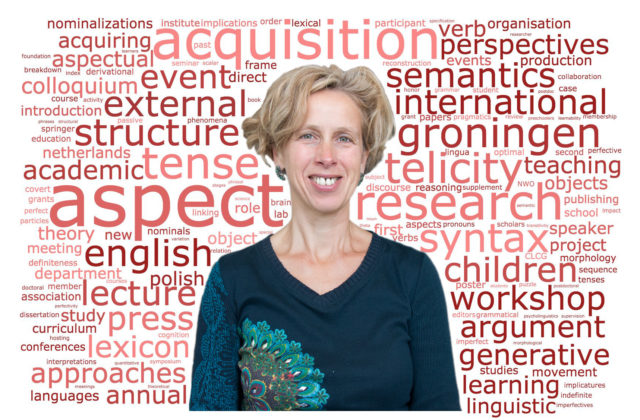
-
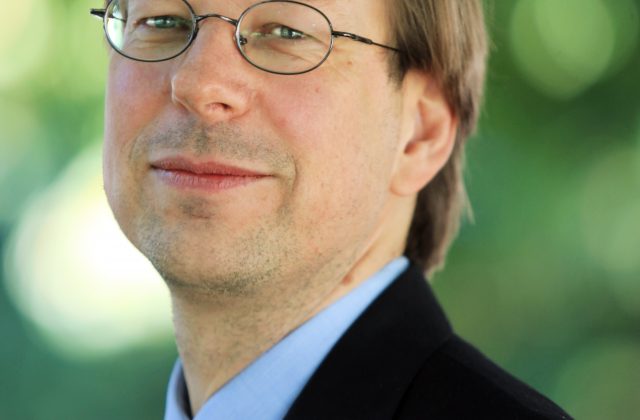
-

-
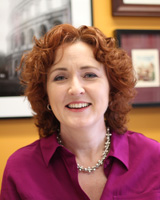
-
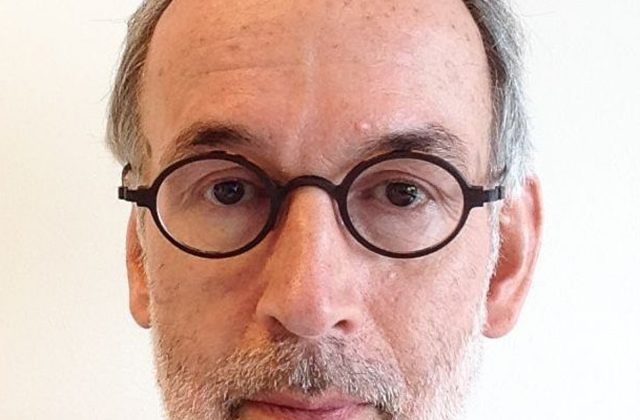
-
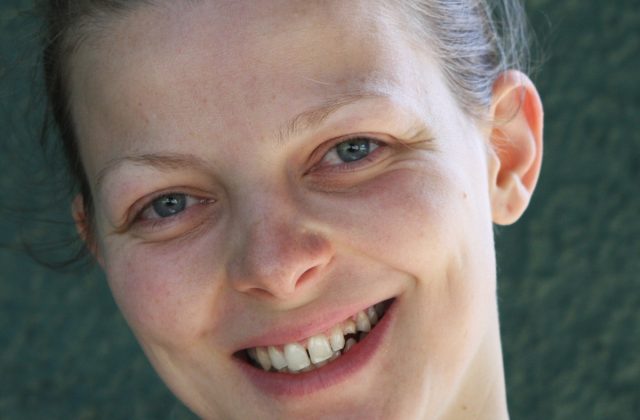
-
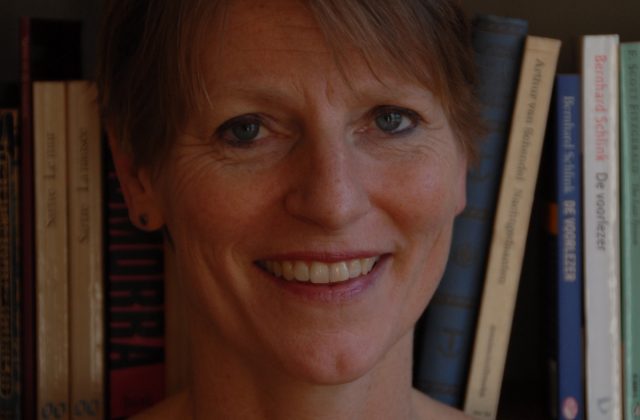
-
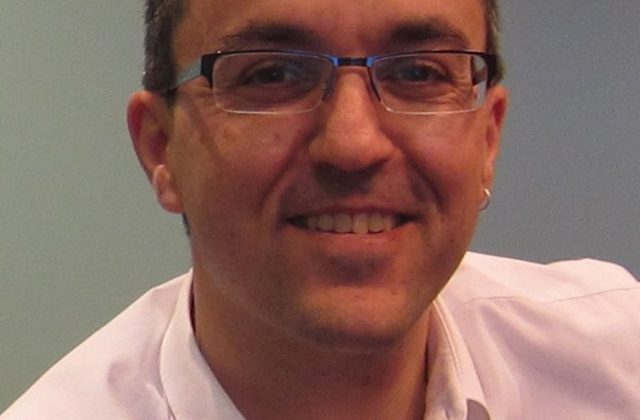
-
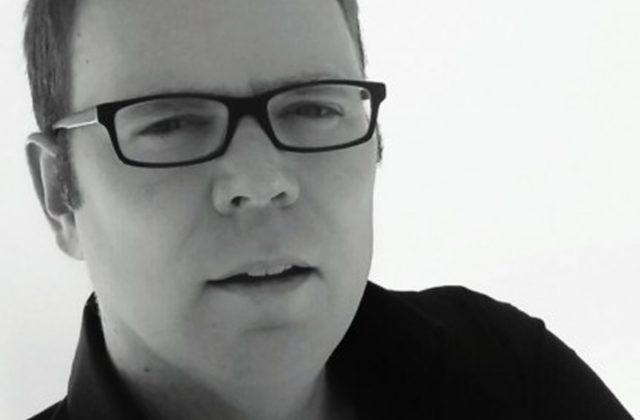
-
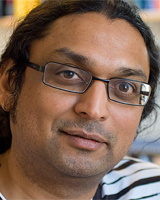
-
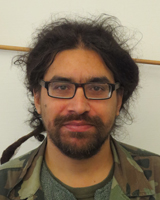
-
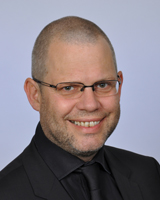
-
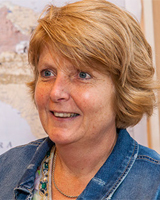
-
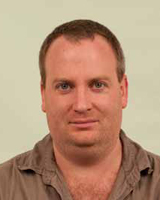
-

-
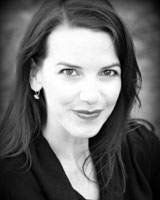
-
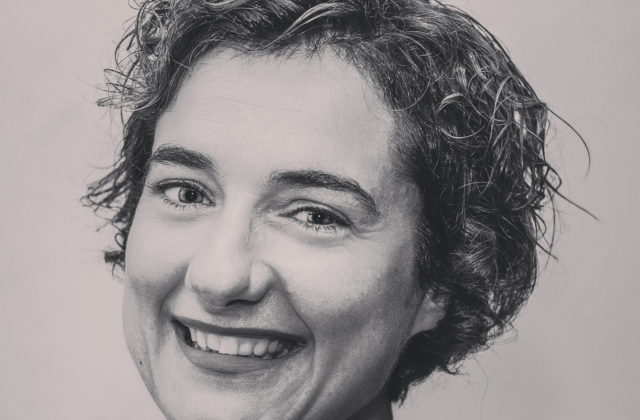
-

-

-
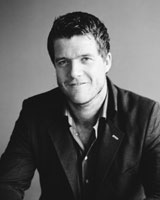
-
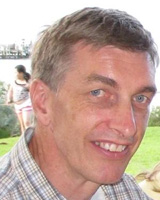
-
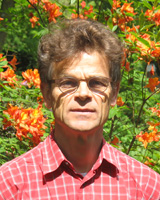
-
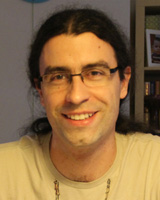
-
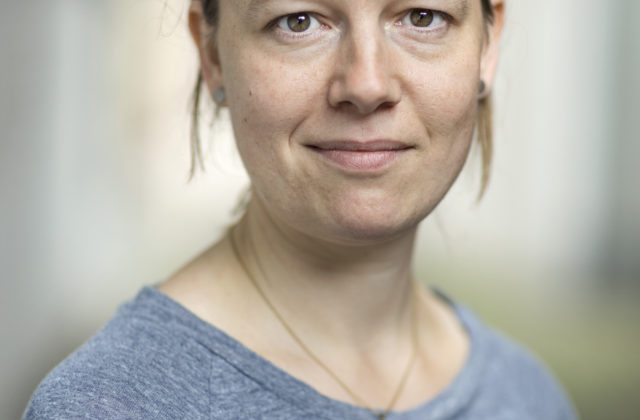
-
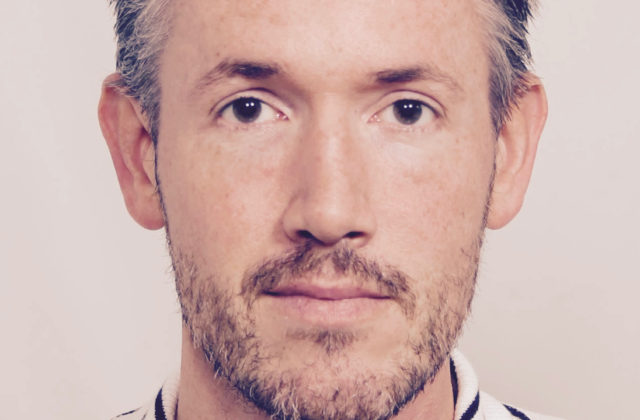
-
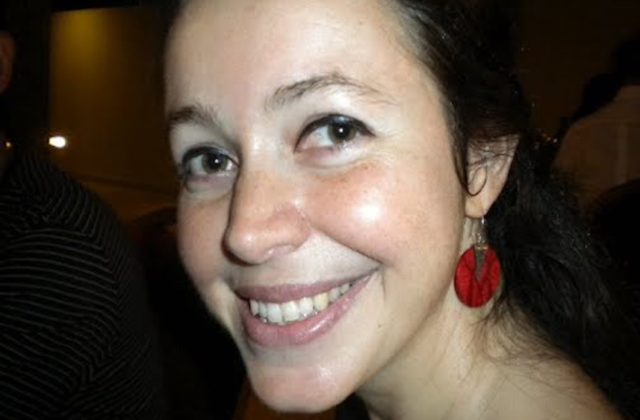
-
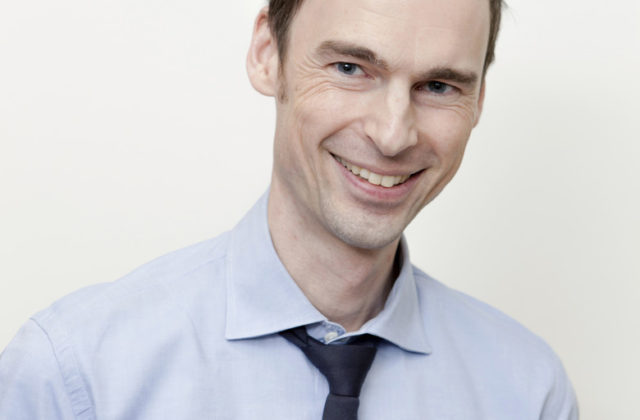
-
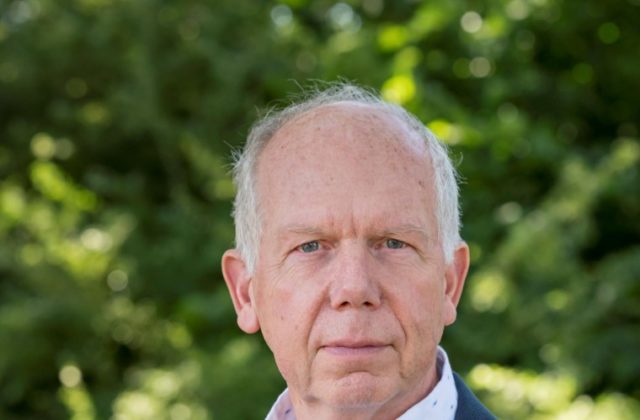
-
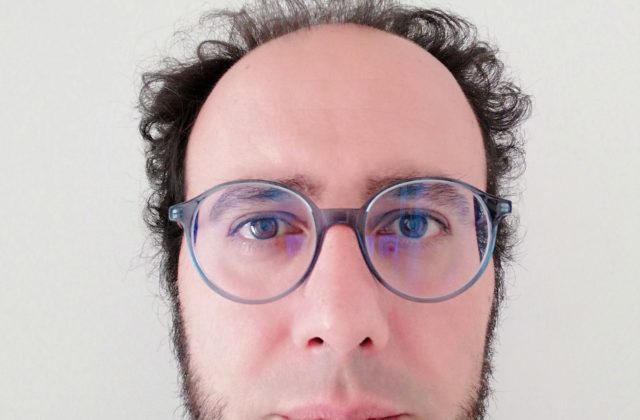
-
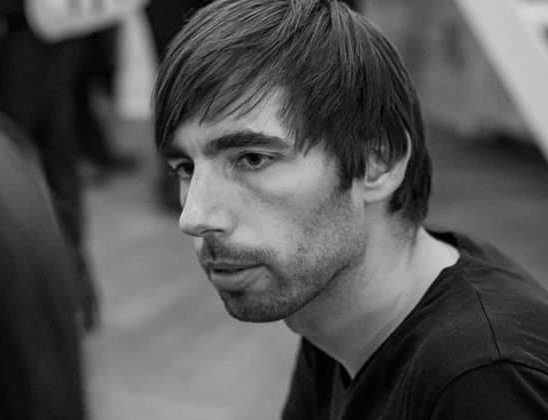
-
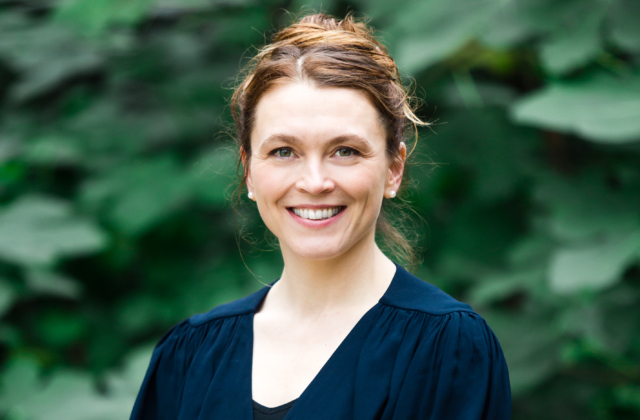
-
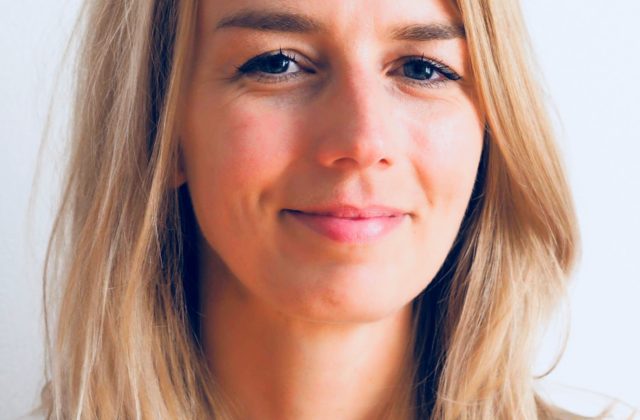
-
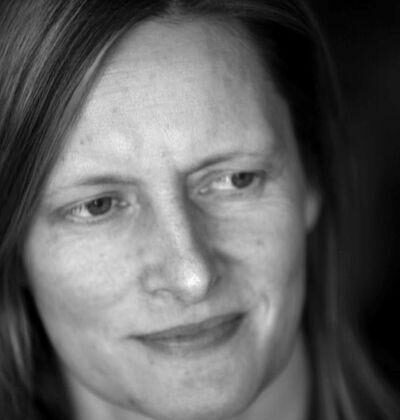
-
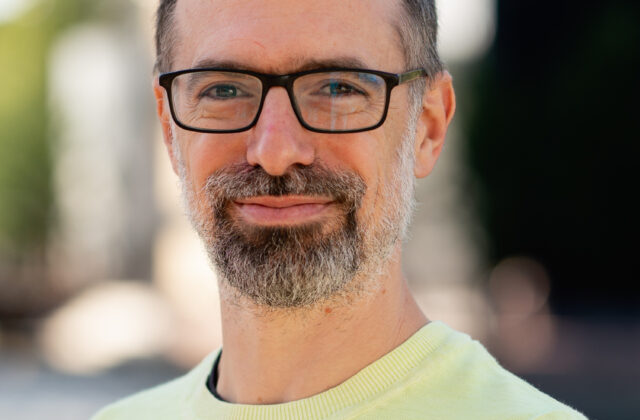
-
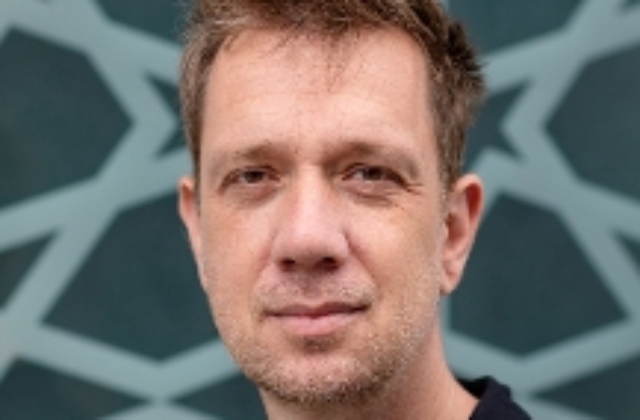
-
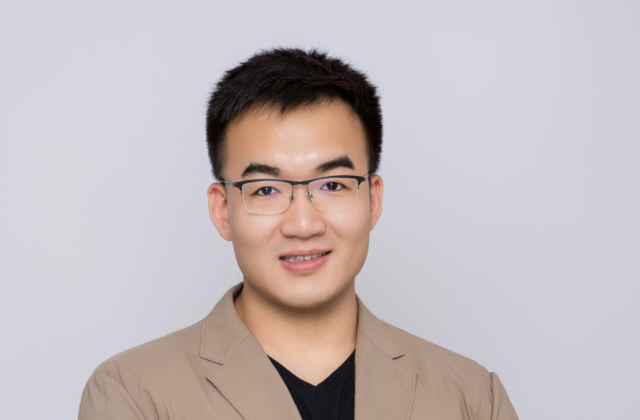
-
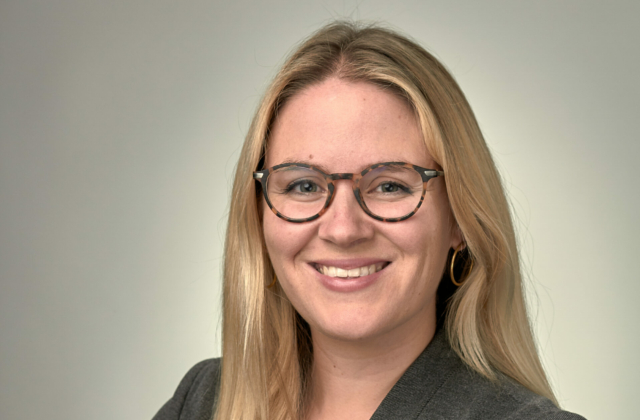
-
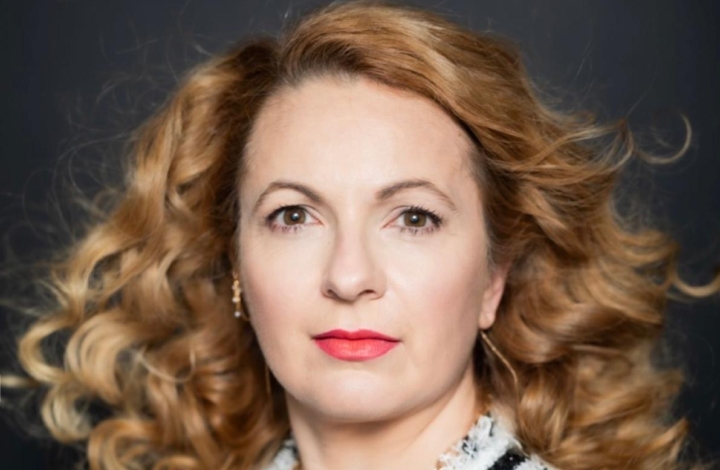
-
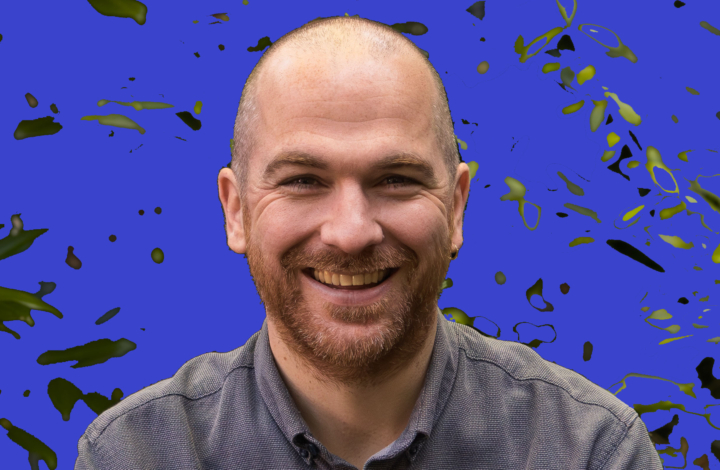
-
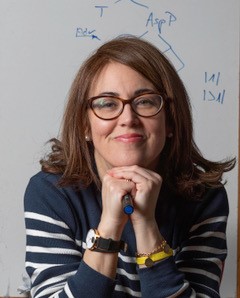
-
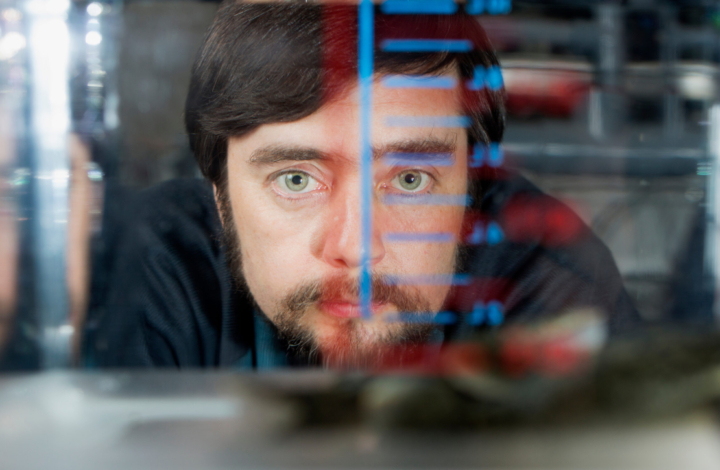
Levin, Michael
Year Group 2025/26 Disciplines: Biology, Cognitive Sciences, Communication Science, Computer Science, Philosophy
